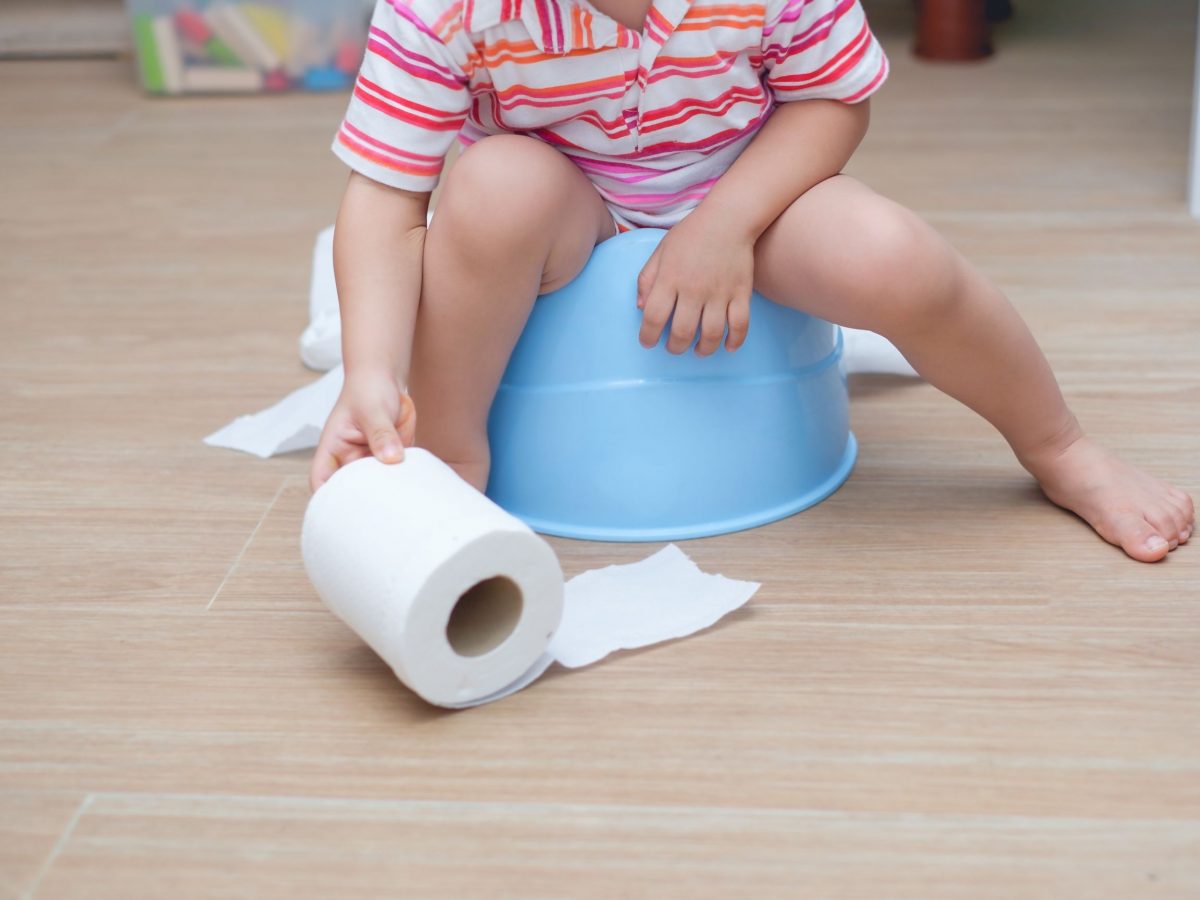Like learning to crawl, sit and walk, potty training is a skill that your child must learn. There is no perfect or specified age to start potty training. It all depends on the way you train your child to practice which becomes his habit. Let us go through some signs to make sure our little ones are prepared to be potty trained. Though having a potty trained baby is a very big achievement, it takes time, focus and plenty of patience.
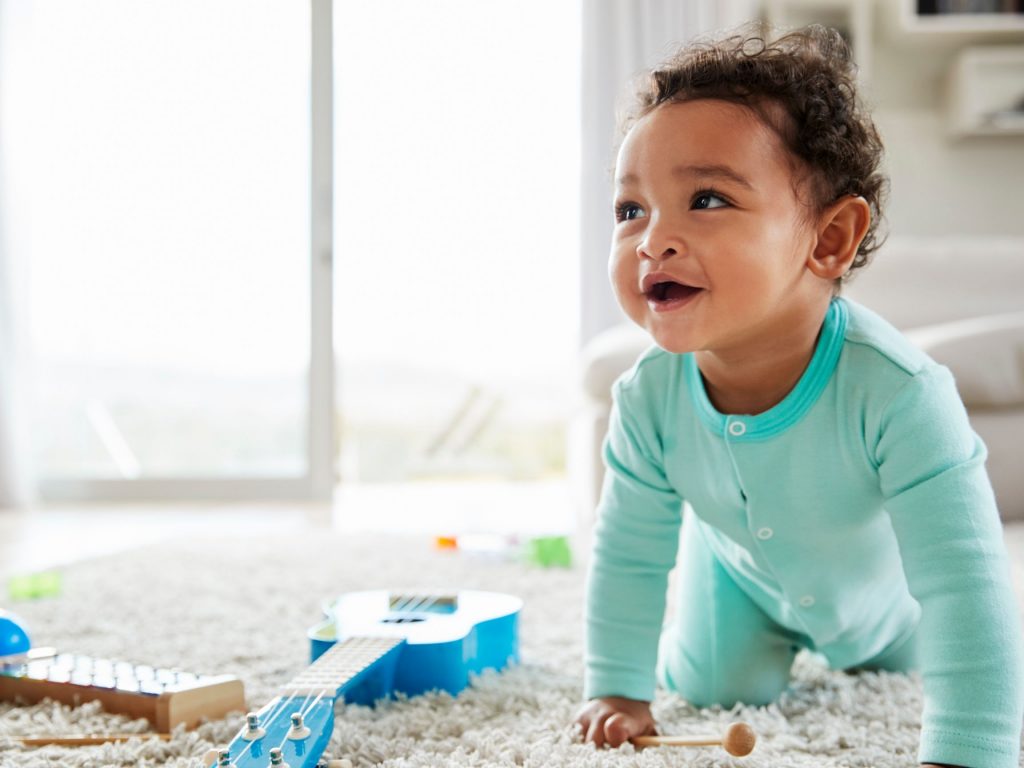
When to start potty training
Just like crawling, walking, talking and sleeping through the night, every child has got its own time. Potty training success depends on the physical, development and behavioural milestones and not age. Some babies show signs of being ready for potty training by the age of 18 or 24 months, whereas others might not be ready at all till they are three or four years old. Never rush till a child is ready.
Ask yourself the following:
- Can your baby sit in a potty seat and get up without any help?
- Can he understand and follow basic instructions?
- Can your baby walk to and sit on the toilet?
- Can your child communicate with you when he or she needs to go to the toilet?
- Can the baby stay dry up to 2 hours?
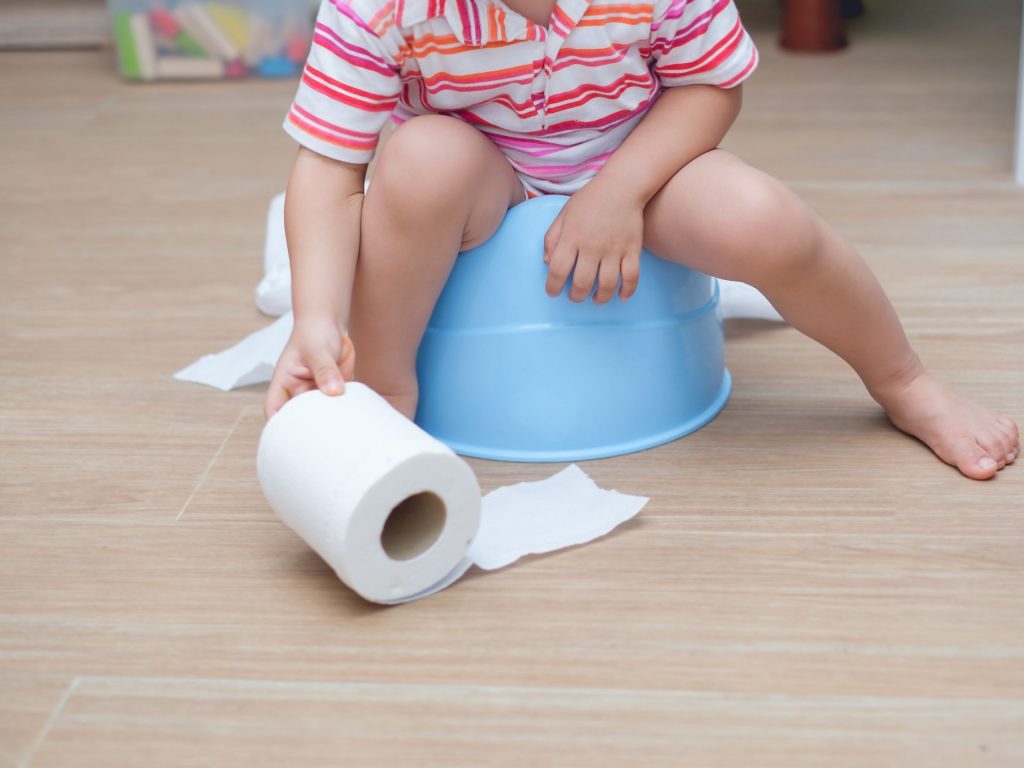
If your answer for most of these questions is yes then your child might be ready. But if you answered mostly no, you will need to wait. If Potty training is started before the child is ready it will take even longer than needed. Toddlers can be very stubborn at times, and this will ruin the entire process.
Be patient with your child
Don’t judge your child’s intelligence or stubbornness with the potty training success or difficulty. Don’t compel your child; let your child’s motivation lead the process. Also, understand that punishment has no role in the process. You need to plan and devote time and energy consistently and continuously for a few months until the child understands.
Ready, set, go!
Choose your words
Decide on the words that you are going to use for your child’s potty needs. Avoid negative words like bad, dirty or stinky.
Fix a place and equipment
Fix a particular place to use potty preferably in the bathroom and encourage your child to sit on the potty frequently. Use simple and positive things to talk about the toilet like describing how to use the potty, show their purpose and teaching them to flush the toilet.
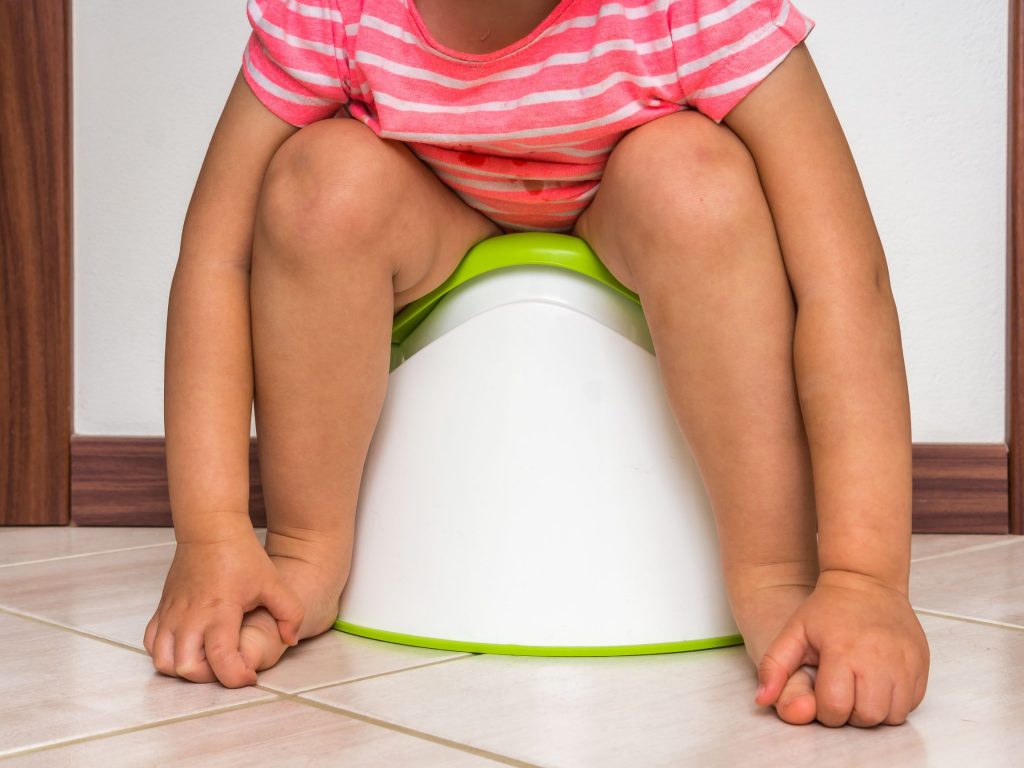
Schedule potty brakes
Scheduling a specific time would make your job easy. Pick them to the toilet right after naps would be a good start.
Take them fast!
When you notice signs that your baby needs to use the toilet such as squatting, squirming or holding the genital area- respond quickly. Help your child become familiar with these signals, stop whatever they are doing and take them to the toilet. Appreciate and praise your child for telling you when he or she needs to go and continuously remind them.
Explain hygiene
Educate girls to spread their legs and wipe carefully from front to back after urination. Emphasis on the importance of washing his/her hands afterwards.
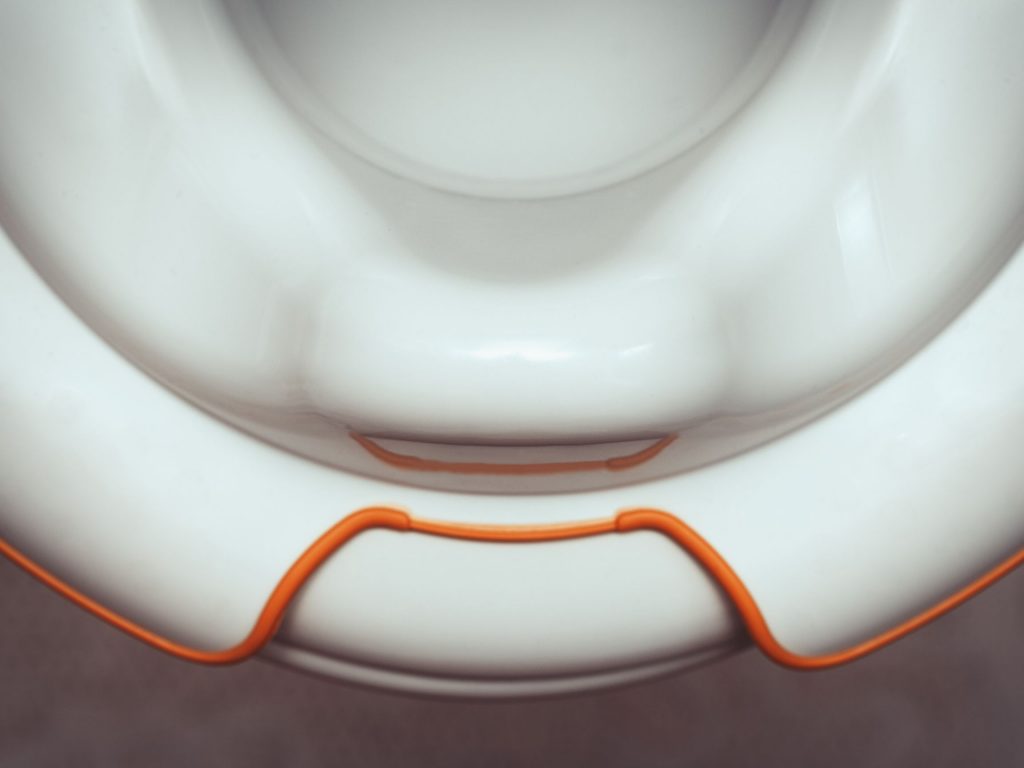
Irrespective of the baby’s age, if your child is resisting using the potty chair or toilet continuously, think over. In case you feel he is not ready, take a break! Try again in a few months.
Nighttime training
This might take a little longer to achieve. If your child’s diaper is dry or only slightly damp when a child wakes in the morning in a row, they may be ready for night time potty training.
When to seek help
If your baby seems to be ready for potty training but is having difficulties continuously, approach a pediatrician. He or she may guide you and help you with tips to overcome the situation. They will check to see if there is an underlying problem.
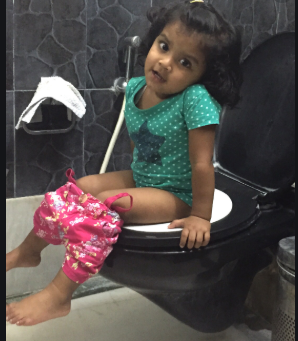
Potty training is a continuous process and needs patience. To keep control over their bowels and bladder may take a while for some children. You need to be patient throughout and keep them prepared to follow the schedule for their needs gradually at their pace. Believe it, potty training experience is worth the effort and your toddler will be independent once he/she succeeds.
